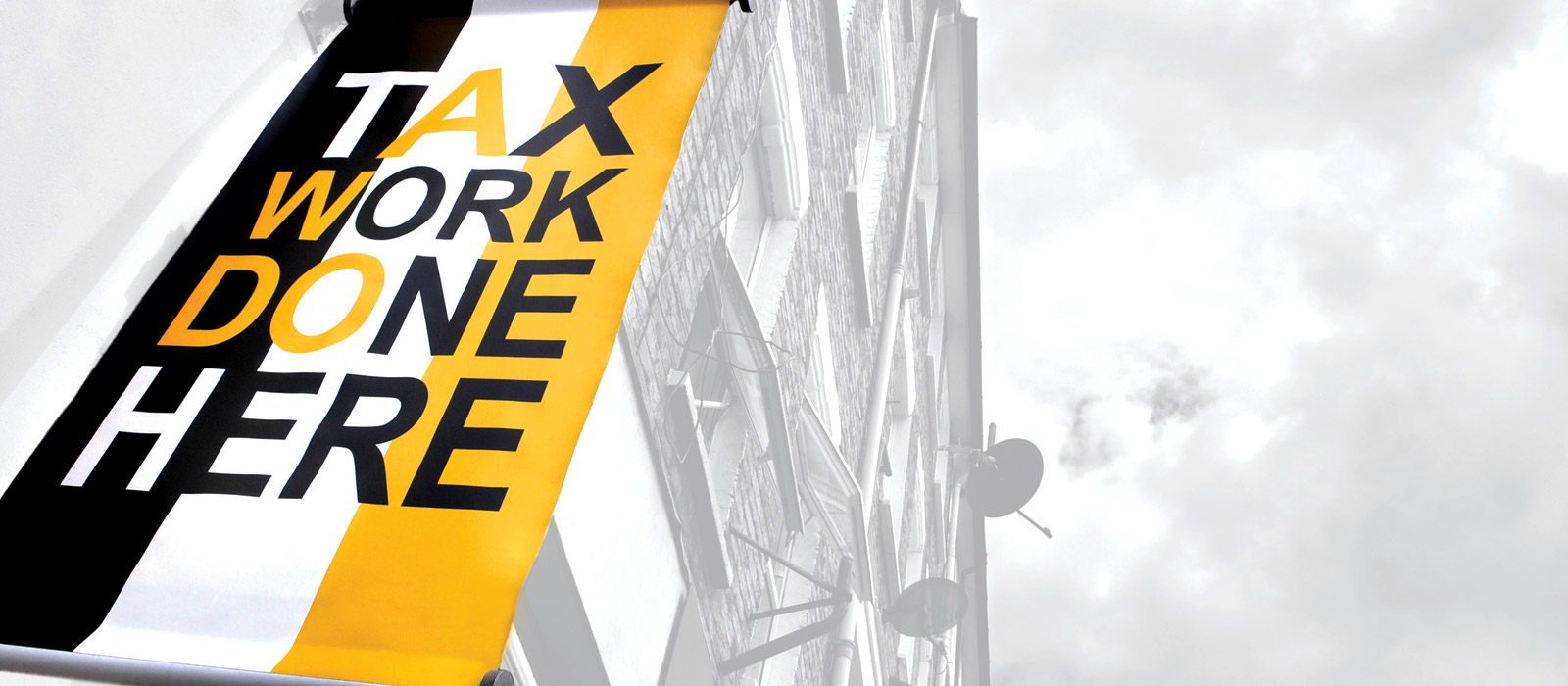What is National Insurance?
People in the UK pay National Insurance (‘N.I.’) to get entitlement to benefits. It is a form of tax which people pay up until they have reached the age for state pension.
Do all people pay it?
The three most common types of N.I. are listed below and you will have to pay it if you earn enough:
Self employed people pay 2 kinds: class 2 and class 4.
In the 2020/21 tax year you are required to pay class 4 N.I. on profits above £9,501 at the rate of 9% then profits over £50,000 at 2%.
Also anyone self-employed earning above £6,475 is required to pay £3.05 weekly class 2 N.I. which contributes to towards the state pension.
Only the class 2 contributes to the state pension where as the class 4 does not.
Employees and Employers pay Class 1 N.I.
In the 2020/21 tax year, employees whose earnings fall between the ‘Primary Threshold’ (£9,500 per year) and ‘Upper Earnings Limit’ (£50,000 per year) will pay N.I. at 12%. Above the ‘Upper Earnings Limit’, they will pay 2%. There is also a married women’s reduced rate of 5.85% National Insurance payable for married women earning between the Primary Threshold and the Upper Earnings Limit and a rate of 2% for employees who are deferring National Insurance.
Employers pay N.I. at 13.8% on any employees’ earnings above what’s known as the ‘Secondary Threshold’ (£8,788 per year earnings in 2020/21).
How do I pay it?
Employed people pay the same way their PAYE tax is paid, which the employer should handle. If you are self-employed you will need to do a tax return to find out how much is due.
If you contact Taxfile we can do your tax return and inform you how much tax and N.I you are due for the year. If you have any questions or require assistance feel free to contact us.


